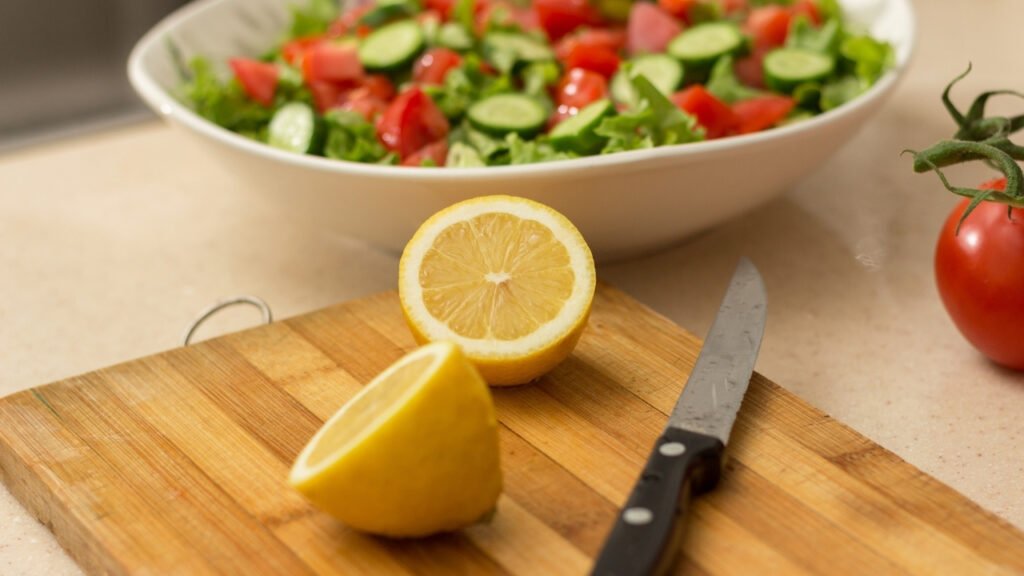Have You Ever Wondered Why Some Habits Stick Like Glue While Others Dissolve Like Mist?
The journey to cultivating healthier lifestyle habits is both an art and a science, deeply rooted in the understanding of our psychology. I’m Dr. Coucou, and today, we delve into the fascinating world of habit formation, unraveling the psychological mechanisms that underpin our behaviors. Armed with this knowledge, we embark on a path to not only develop healthier habits but to transform them into enduring parts of our daily lives. Let’s explore the science behind habit formation and discover actionable strategies to foster habits that lead to healthier living.

Unraveling the Fabric of Habits
At the core of habit formation lies a simple, yet powerful, neurological loop consisting of three key elements: the cue, the routine, and the reward. This loop is the backbone of our habits, driving the automatic behaviors that account for a significant portion of our daily activities.
The Science Behind Habit Formation
Habits are formed and reinforced in a part of the brain known as the basal ganglia, which plays a crucial role in the development of emotions, memories, and pattern recognition. When a behavior becomes a habit, it frees our brain to perform other tasks without allocating much mental effort to the habitual activity.
The Role of Repetition and Consistency
Repetition is the driving force behind habit formation. Consistent repetition, paired with a stable context, strengthens the neural pathways associated with a particular behavior, making it more automatic and less reliant on conscious intention.
Strategies for Cultivating Healthier Habits
Understanding the psychological underpinnings of habits equips us with the tools to build healthier routines. Here are actionable tips to guide you in developing and maintaining habits that enhance your well-being.
Start Small and Be Specific
The journey to healthier living begins with small, manageable steps. Instead of vague goals like “exercise more,” aim for specific, achievable actions such as “take a 15-minute walk every morning before breakfast.” The specificity and attainability of these goals make them easier to integrate into your daily routine.
Identify Your Cues and Rewards
Recognize the cues that trigger your current habits and understand the rewards they provide. This awareness allows you to create new habits by substituting the routine while maintaining the same cue and reward. For instance, if stress triggers unhealthy snacking (the routine) for comfort (the reward), try replacing snacking with a short walk or meditation for a healthier coping mechanism.
Leverage the Power of Incremental Changes
Gradual changes are more sustainable than radical overhauls. Incrementally adjusting your behavior allows your brain to adapt to new routines without feeling overwhelmed, increasing the likelihood of long-term success.
Create a Supportive Environment
Your environment plays a significant role in habit formation. Alter your surroundings to make healthier choices easier and reduce friction. For example, keep fresh fruits and vegetables within easy reach for snacking, or lay out your exercise clothes the night before to encourage physical activity.
Be Patient and Kind to Yourself
Habit formation is a process that requires time and patience. Slip-ups are part of the journey; what matters is your response. Instead of harsh self-criticism, practice self-compassion and view setbacks as opportunities for learning and growth.
Track Your Progress and Celebrate Successes
Monitoring your progress helps maintain motivation and provides insight into what’s working and what isn’t. Celebrate your successes, no matter how small, to reinforce the positive behavior and the intrinsic reward it brings.

In Conclusion
The psychology of habit formation offers invaluable insights into how we can replace unhelpful behaviors with healthier ones, leading to a more vibrant and fulfilling life. By understanding the mechanisms behind habits and applying strategic, evidence-based approaches, we can empower ourselves to make lasting changes.
Embrace the journey to healthier living with curiosity, patience, and perseverance, knowing that each step you take is a building block in the edifice of your well-being. Let’s harness the power of habits to create a healthier, happier you.
